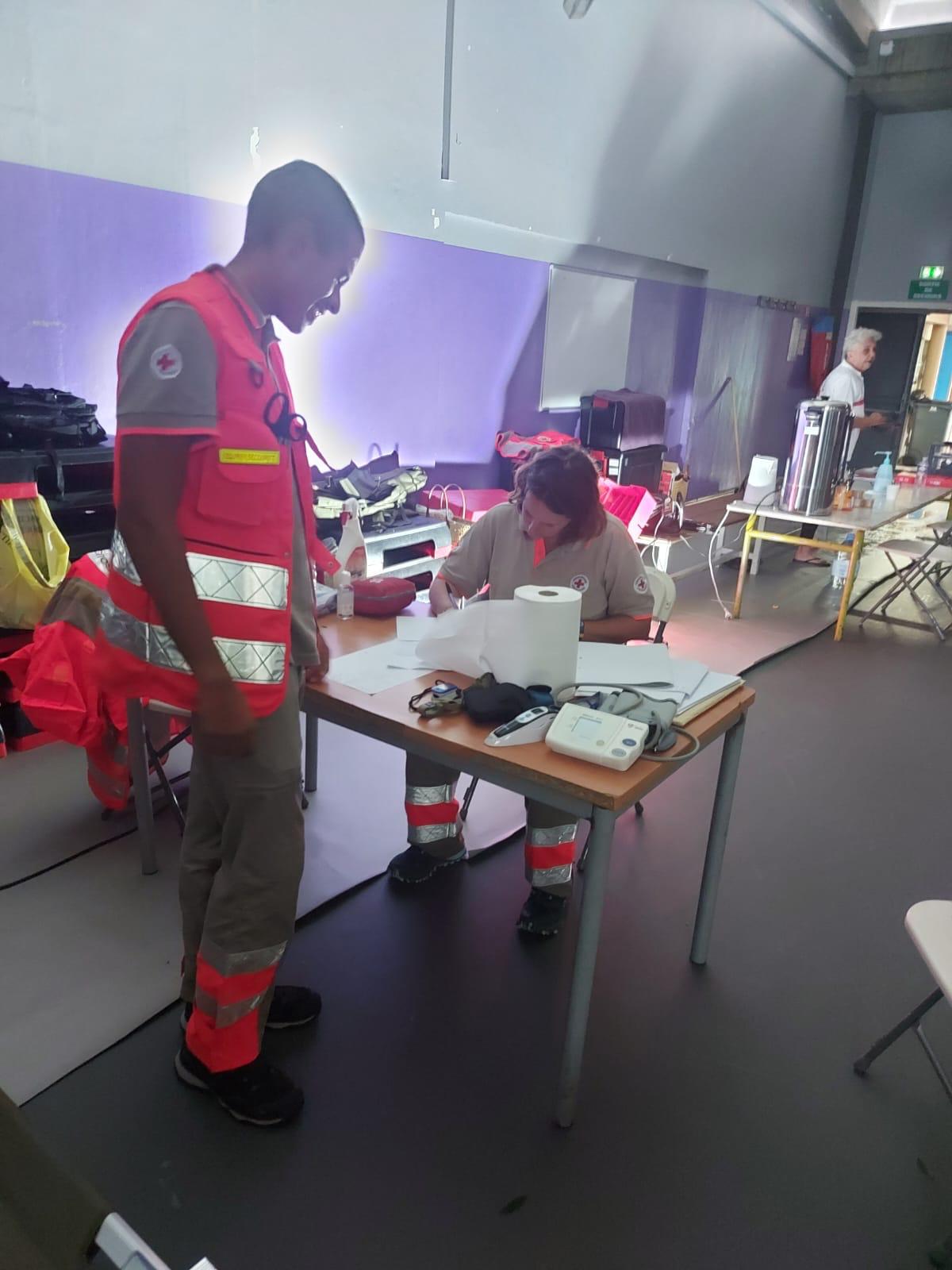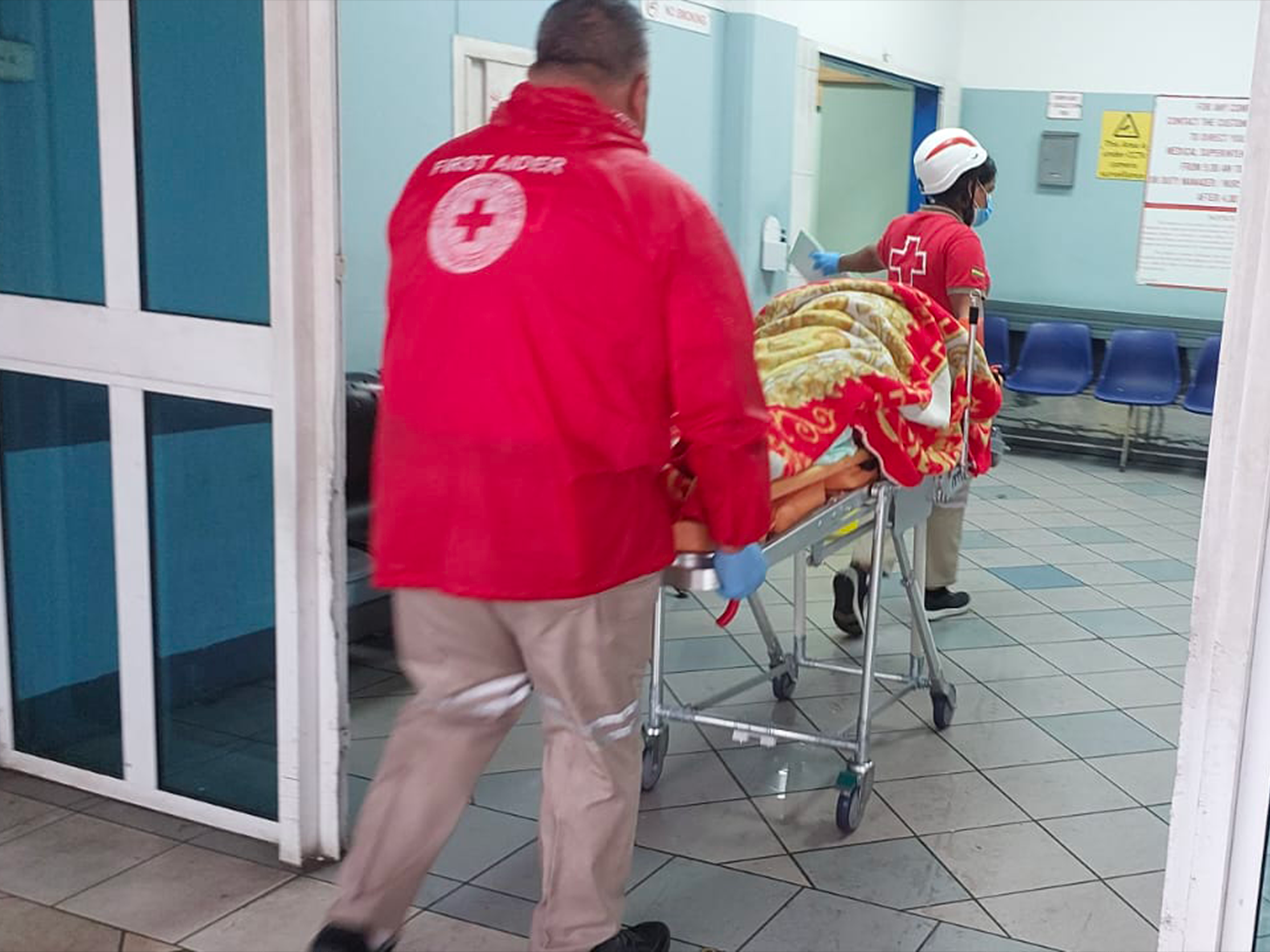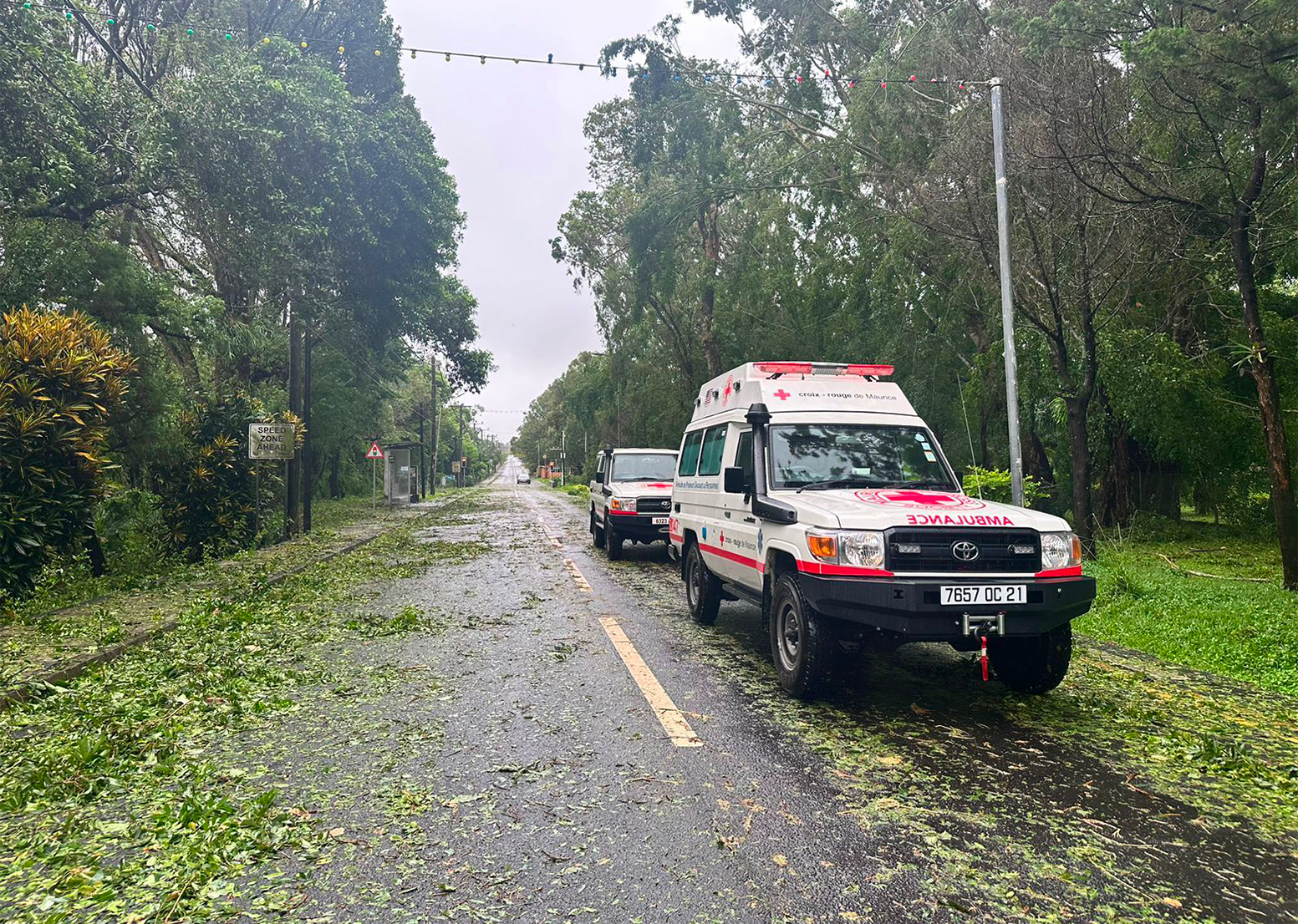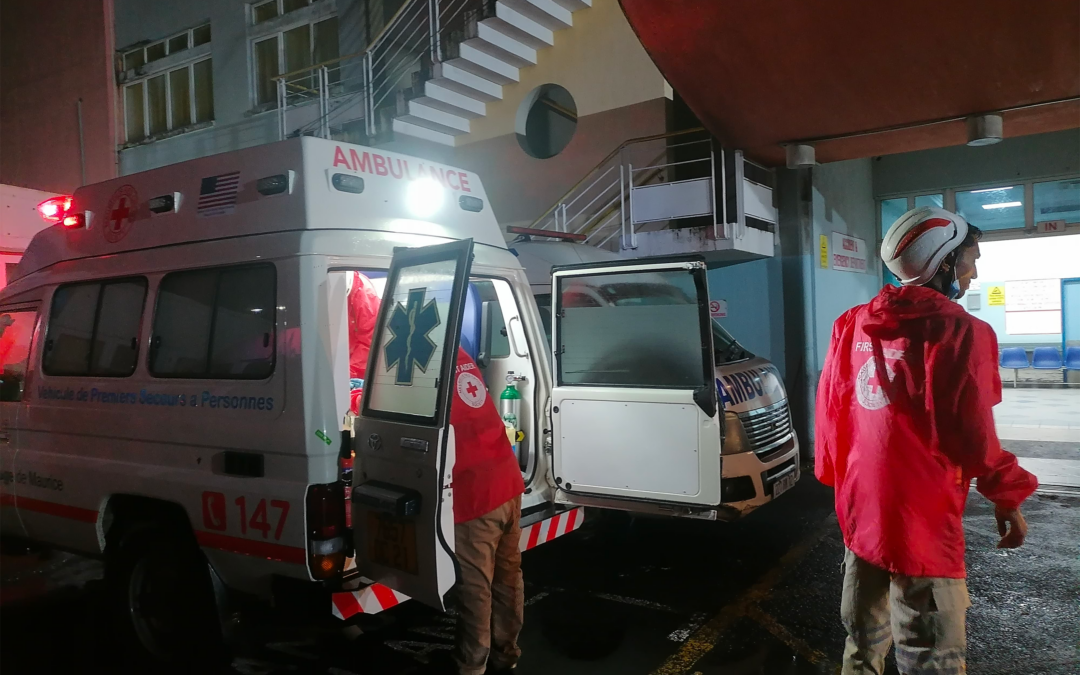Reunion Island was spared from the worst of Belal. A purple alert – the rarely triggered highest level of danger – raised fears of a catastrophe, before being downgraded a few hours later to a red alert and then to a shelter phase. Nevertheless Tropical Cyclone Belal left a trail of chaos and four deaths on the island, but the preparedness of the population and the prevention measures taken undoubtedly saved lives.
On Tuesday 16 January, as soon as the lockdown period imposed by the authorities ended and the “all clear” was given, emergency services got straight to work repairing the destruction. Although Belal’s impact was less serious than initially estimated, the Prefect still spoke of “significant damage” in various parts of the island. Numerous roads were blocked, trees uprooted, and roofs blown off by winds that reached speeds of 130 to 170 kilometres per hour in the uplands; nearly 150,000 households were left without electricity and 130,000 without running water, not to mention telephone and internet outages. Ordered to stay at home during the alerts, the inhabitants of Reunion were confined indoors for almost 48 hours and could see torrential downpours outside their windows, but this lockdown undeniably saved many lives. The next step was to start cleaning up and take stock of the situation. Several French Red Cross medical and social facilities also suffered material damage and water leaks that will need to be repaired.
Preparedness was key
Our volunteers and employees worked in unison to prepare for and respond to a situation such as this. The National Operations Centre in mainland France was activated, while PIROI coordinated operations on the island in conjunction with the regional management team that runs the facilities and regional delegation. Our crews are well versed in responding to disasters of this type in the region, and are specifically trained and well-equipped to deal with them. Several emergency shelters, neighbourhood centres, and reception facilities were readied in advance. In the days before the cyclone made landfall, an awareness campaign was run to remind the island’s inhabitants of the risks. About 100 people were evacuated from their homes before Belal hit, and 636 were taken to shelters – some of whom were assisted by volunteers at the very height of the cyclone. We should also highlight the resilience of the local population, who are used to cyclones – albeit with less intensity -, are prepared for them, and are aware of what to do.

Mauritius caught off guard
There was no reason to think that Belal would then hit Mauritius, 225 kilometres away, with such force. The tropical cyclone weakened as it passed the island nation, but still dumped torrential rain and surprise flooding on the capital, Port-Louis, leaving two dead. Water levels rose within minutes, trapping scores of motorists in their vehicles, and submerging the city’s main roads. Mauritius Red Cross was immediately mobilised, particularly with volunteers transporting people in ambulances. They also helped with damage and needs assessments after this unexpected deluge. Meanwhile Belal headed south-east and did not impact any other islands. However, the PIROI team continues to keep a close watch on weather forecasts as the cyclone season is not yet over.



To stay informed of PIROI’s regional disaster risk management programme, complete the form below.


